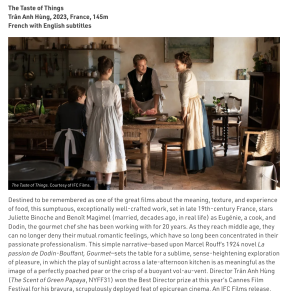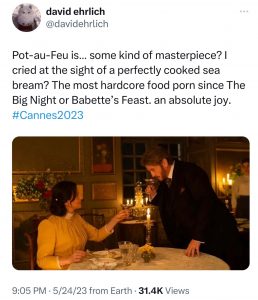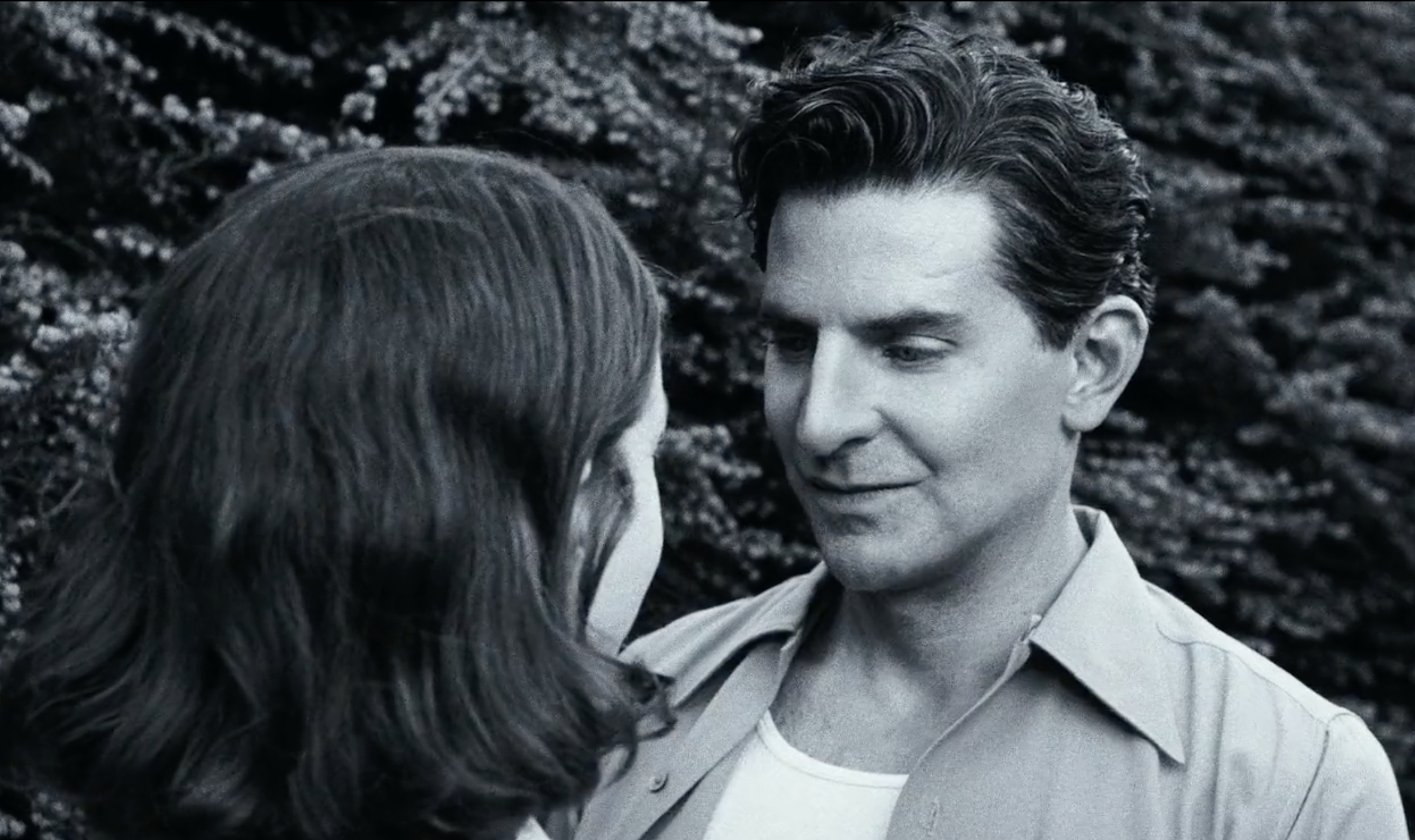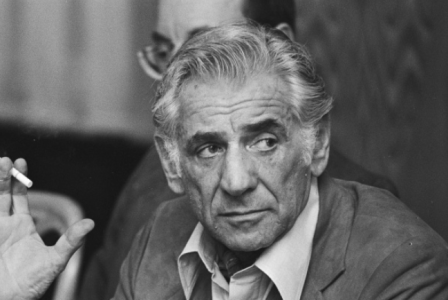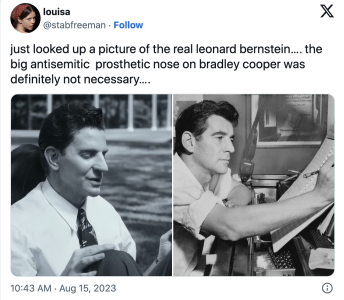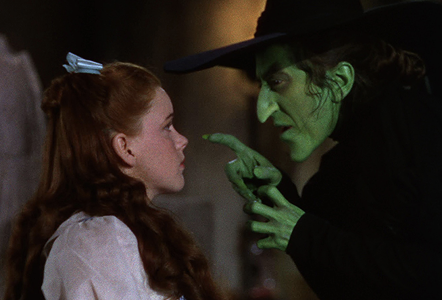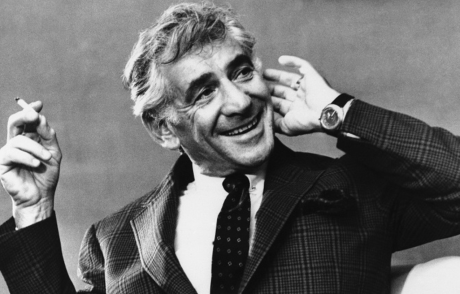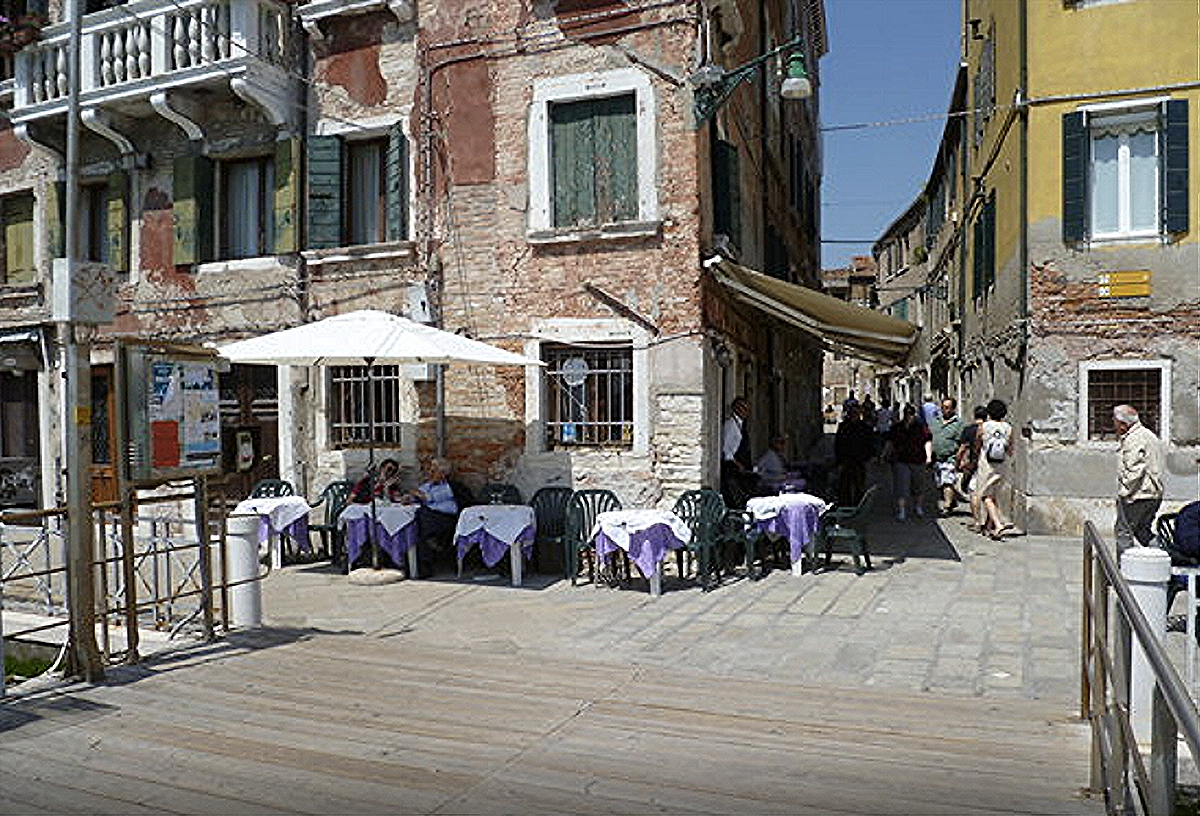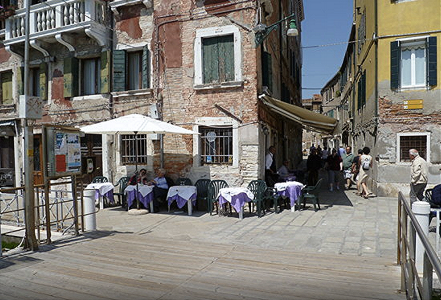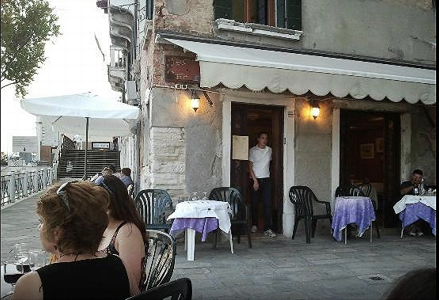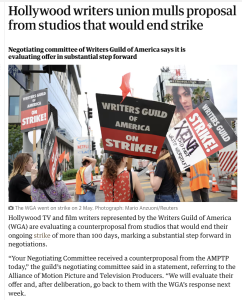In the wake of the recent Blind Side squabble between ex-NFL pro Michael Oher and his one-time benefactors Sean and Leigh Anne Tuohy, Variety‘s Owen Gleiberman has taken another look at John Lee Hancock‘s The Blind Side (’09), which told the story of young Oher and the Tuohys, and basically slapped it around, calling it “even more fake [today] than before.”
“[The film’s version of] Michael Oher is treated, by the Tuohys, as a kind of family mascot. There’s never any conflict between them, and not much in the way of conversation.
“Bullock’s Leigh Anne, with her diamond-studded crucifix necklace, charges through the film like a refugee from Dallas, crusading for her sainthood merit badge, while Michael, with his benign torpor, rarely rouses himself with a force of ego. At one point, when Leigh Anne and Sean are discussing whether to become his legal guardians, Sean says, ‘Michael’s gift is his ability to forget. He’s mad at no one, and he really doesn’t care what happened in the past.’ Leigh Anne agrees, making a (comic) point of how much she hates it when her husband is right.
“But Sean’s statement about Michael is shocking in how wrong it is. Michael’s gift is his ability to forget? Who would say that about a white character who’d suffered the kinds of things Michael did? The movie is reducing him to a Teddy-bear simpleton, with little to no psychology. He never has rich exchanges with the other family members; he never expresses anything but gratefulness (or, after he crashes the truck they just bought him, cringing regret). There’s no interior complexity to Michael, and that’s the lie of The Blind Side. It’s what allows his character to basically be used by the Tuohys to feel good about themselves.”
Okay, but you know what I remember about The Blind Side? I bought the bullshit. I knew I was being fed suspicious vegetables, but they found their way into my heart all the same. And the sales agent was Sandra Bullock‘s performance as Leigh Anne. Everyone bought it, and no amount of complaining 14 years later can change that,

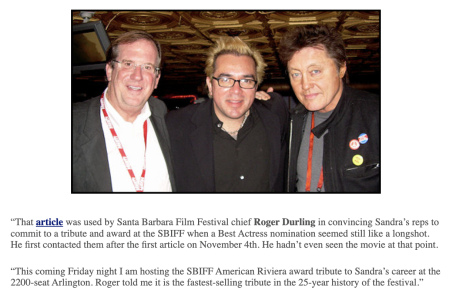
Consider a certain George Hickenlooper quote from 2009, excerpted back then by Sasha Stone.

